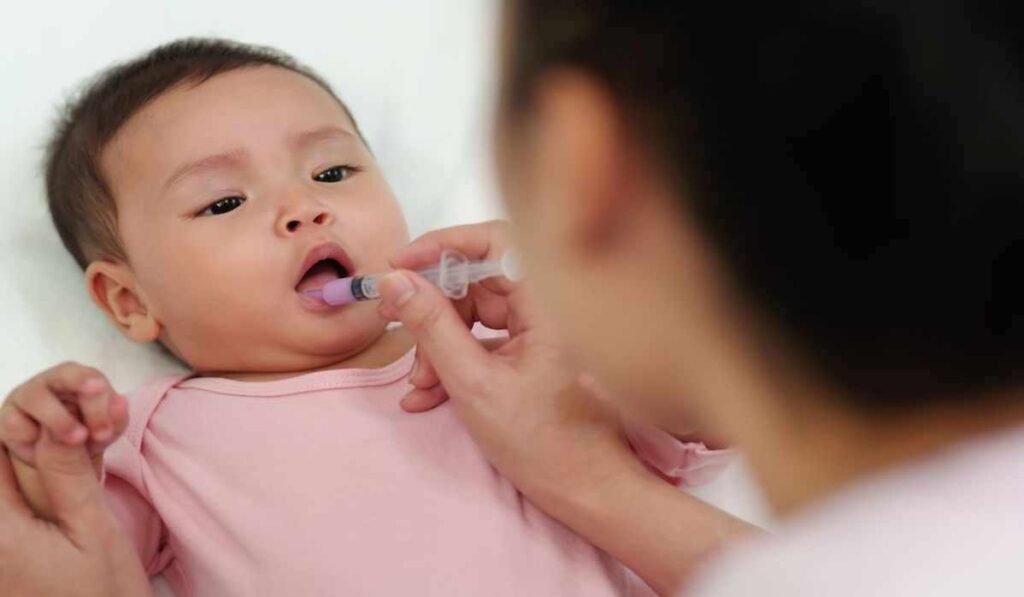Tarun Karthick
Campbell Bay, 28 November 2024
As part of the National Newborn Week 2024 celebrations, a comprehensive training programme on ‘Antimicrobial Stewardship in Newborn Care’ was conducted at the APWD Conference Hall in Diglipur. The session, led by Dr. Kumar Gaurav, MD (Paediatrics), focused on addressing the critical issue of antimicrobial resistance (AMR) in neonates.
The event was organized under the supervision of Dr. H.M. Siddaraju, Chief Medical Officer (CMO), Community Health Centre (CHC), Diglipur. It was attended by around 50 healthcare workers, including Medical Officers, Nursing Officers, Community Health Officers (CHOs), Auxiliary Nurse Midwives (ANMs), and Multi-Purpose Workers (MPWs).
During the session, Dr. Gaurav provided an in-depth explanation of the rational use of antibiotics in neonates to mitigate the risks of antimicrobial resistance. He elaborated on:
– The effects of antibiotic overuse on newborns,
– The importance of adhering to National Institute for Health and Care Excellence (NICE) guidelines on managing sepsis,
– Strategies for selecting the appropriate antibiotics and determining the optimal duration of their use, and
– The significance of infection prevention and control (IPC) practices in critical areas such as Labour Rooms, Special Newborn Care Units (SNCUs), and Neonatal Intensive Care Units (NICUs).
The interactive training aimed to equip healthcare professionals with the knowledge and tools necessary to ensure safe and effective antibiotic use in neonatal care settings.
Antimicrobial Resistance in Neonates: A Growing Concern :-
Antimicrobial resistance is a significant global health challenge, particularly in neonates who are more vulnerable due to their underdeveloped immune systems. The overuse and misuse of antibiotics in this age group can lead to the emergence of multi-drug-resistant bacteria, complicating treatment options.
Experts emphasise that:
- Rational antibiotic use involves a balance between effectively treating infections and minimising the risk of resistance.
- NICE guidelines recommend using antibiotics for neonatal sepsis only when clinical and laboratory evidence supports the diagnosis.
- Strict adherence to IPC protocols in healthcare settings is crucial to preventing hospital-acquired infections and reducing antibiotic dependency.
Globally, antimicrobial resistance contributes to nearly 700,000 deaths annually, with neonates constituting a substantial portion of these cases due to sepsis caused by resistant pathogens. The adoption of antimicrobial stewardship practices is a critical step towards safeguarding the health of newborns and reducing the burden of AMR.

